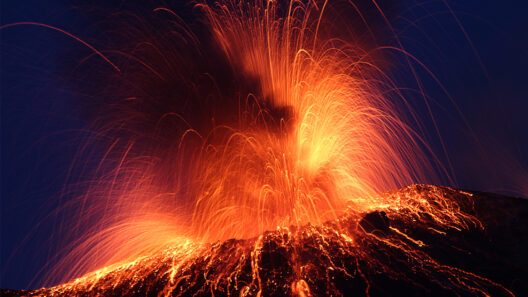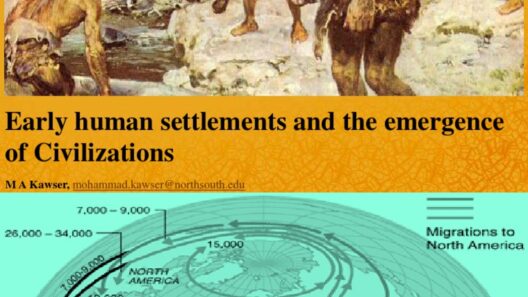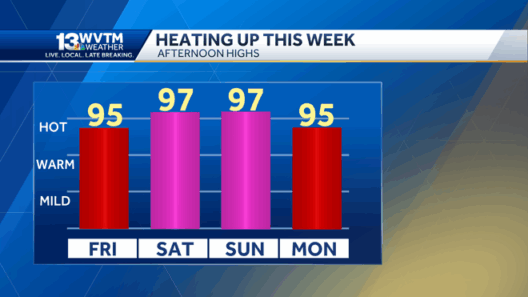The Paris Climate Agreement, ratified in 2016, was an ambitious international accord that sought to unite nations in a collective effort to mitigate climate change. However, one of the most controversial moments surrounding this pact was the decision by former President Donald Trump to withdraw the United States from it in 2017. While many observers have focused on the political implications of this withdrawal, the underlying motives reveal a confluence of economic, ideological, and strategic factors that merit deeper examination.
At the core of Trump’s opposition to the Paris Agreement lies a pronounced skepticism about climate science. During his presidency, Trump frequently expressed doubts about the veracity of climate change and its anthropogenic causes. He characterized climate change as a hoax, perpetuated by a global elite purportedly intent on undermining American competitiveness. This perspective is emblematic of a broader populist sentiment that regards scientific consensus as elitist and disconnected from the struggles of the average citizen.
This skepticism is further compounded by an unwavering commitment to economic growth predicated on fossil fuels. The United States has long been a global leader in oil and gas production, and under Trump, the administration actively promoted policies that favored the extraction and consumption of fossil fuels. By withdrawing from the Paris Agreement, Trump framed this decision as a means to protect American jobs, particularly in industries such as coal and natural gas. He portrayed the pact as a hindrance to economic progress, arguing that it imposed excessive regulatory burdens on American businesses. This discourse aligned seamlessly with the interests of powerful energy lobbies that seek to maintain their dominance in a rapidly evolving energy landscape.
Furthermore, Trump’s aversion to multilateral agreements, seen throughout his tenure, casts additional light on his decision to withdraw. For Trump, such agreements represented not just environmental constraints but a transfer of sovereignty. He often equated participation in international accords with a loss of control over national policies. By exiting the Paris Agreement, Trump positioned himself as a defender of American supremacy, emphasizing a unilateral approach to foreign policy that prioritized national interests above international cooperation. This ideological stance resonated with many of his supporters, who viewed the agreement as emblematic of overreach by international institutions.
It is also worth noting the geopolitical context surrounding the Paris Agreement. The agreement’s implementation necessitated significant commitments from both developing and developed nations, leading to complex negotiations. Trump’s withdrawal can thus be viewed as a rejection of the global burden-sharing model. He criticized the allocation of financial resources toward climate initiatives in foreign countries, suggesting that such expenditures detracted from domestic priorities. This line of reasoning weakens the collective responsibility narrative at the heart of the Paris Agreement, which seeks to foster shared accountability among nations regarding climate change mitigation efforts.
The populist rhetoric employed by Trump throughout his exposure to climate policy resonated deeply with his base. Many of his supporters felt left behind in an economy that has seen dramatic transformations, and Trump’s stance against the Paris Agreement gave voice to their frustrations. By framing his decision as a battle against elite policies that supposedly favored others at the expense of American workers, he successfully galvanized public sentiment against what he depicted as globalist agendas.
Additionally, the political polarization surrounding climate change exacerbates the issue. In the United States, climate change has increasingly become a partisan issue, with much of the Republican Party aligning itself against climate action. Trump’s withdrawal from the Paris Agreement was not merely an individual choice; it was emblematic of a broader ideological trend within the party that views climate change action as a threat to economic liberty and individual rights. This entrenched division complicates any potential for collective action on climate at the national level.
The ramifications of Trump’s withdrawal have been profound. The U.S. is one of the largest emitters of greenhouse gases globally, and its absence from the Paris Agreement seriously undermines the efficacy of the accord. This decision has spurred a series of reactions not only domestically but also internationally. Several nations have expressed disappointment, emphasizing the necessity of U.S. leadership in global climate efforts. Trump’s actions have catalyzed a stronger resolve in many countries to pursue climate goals independently of U.S. participation, although collaborative efforts remain stymied without significant U.S. contribution.
In conclusion, Trump’s opposition to the Paris Climate Agreement reveals an intricate web of motivations that encompass economic self-interest, skepticism of scientific authority, and a nationalist worldview. By viewing climate agreements through the prism of national sovereignty, economic competition, and populist sentiment, his administration exemplified a shift away from cooperative global climate action. The discussions around the Paris Agreement thus transcend mere policy disagreements; they illustrate the critical junction at which climate change, economic strategy, and political ideology intersect. As the world continues to grapple with the challenges posed by climate change, the implications of such a withdrawal remain a crucial topic of discourse, reflecting the complexities of climate politics and the necessity for renewed vigilance in the face of emerging environmental challenges.







